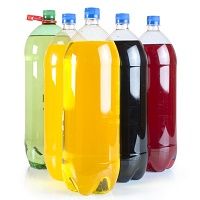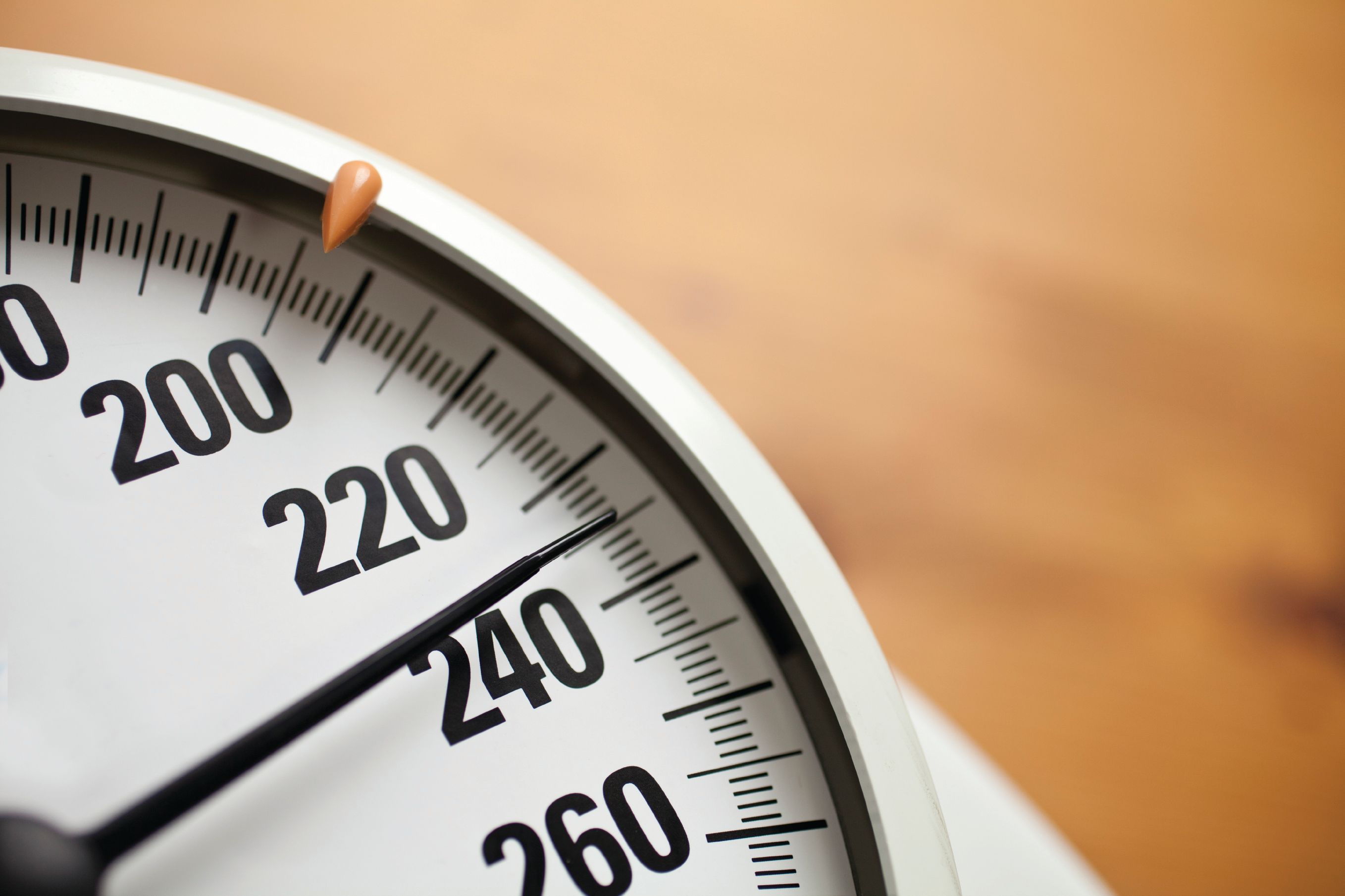Article
Tax on Sugar-Sweetened Beverages Decreases Sales
Author(s):
Why target sugar-sweetened beverages? SSBs are the single biggest source of added sugars in American children’s diets. Unsurprisingly, studies show that children who consume SSBs will choose unhealthy foods over healthier choices.

Healthcare professionals are increasingly concerned about the obesity epidemic among American children and for good reason. As of 2014, one in three American children between the ages of 2 and 19 years were overweight and 17% of children were obese. To address the obesity epidemic, health professionals and policymakers around the country are considering taxes on sugar-sweetened beverages (SSBs).
Why target SSBs? SSBs are the single biggest source of added sugars in American children’s diets. Unsurprisingly, studies show that children who consume SSBs will choose unhealthy foods over healthier choices. Furthermore, decreasing children’s SSB consumption can reduce blood pressure, weight, and risk of type 2 diabetes and heart disease.
The summer 2016 issue of Ethical and Legal Issues in Pediatrics features a review of excise taxes (taxes paid by the consumer at the time of purchase) and their effect on SSBs in Berkeley, California, and Mexico.
An analogue situation that suggests excises taxes work is tobacco. Excise taxes are most useful when the price of the item increases, as opposed to when retailers absorb the price increase so those consumers continue to purchase the product. Excise taxes have been used successfully on tobacco products. The Centers for Disease Control and Prevention (CDC) report that between 1991 and 2001 smoking among high school students decreased 9.4%, in part due to excise taxes.
Mexico — a country in which about one-third of residents are obese – implemented an excise tax of about 6 cents per liter on SSBs in 2014. The tax resulted in a 6% decrease overall in SSB consumption in its first year. The effect was most significant in low-income households, which tended to purchase more SSBs before the tax and have a higher obesity rate.
In the United States, Berkeley, California enacted the first SSB excise tax on January 1, 2015, after 76% of voters approved it. Known for its liberal residents and progressive politics, Berkeley framed their proposal as a way to protect and improve their children's' health. As of March 2016, this tax generated $1.5 million. Berkeley has funneled this money into school nutrition programs and related research grants.
The authors recommend that policymakers contemplating an excise tax consider three factors: (1) the exact definition of SSBs (broader definitions apply to more products, like Starbucks drinks and mixes); (2) the tax rate (if the tax rate should be based on volume or actual sugar content); and (3) how to allocate tax revenue. Berkeley seemed to get this right. Jurisdictions considering SSB taxes may also want to use revenues on programs that help those that bear the brunt of the tax: low-income populations.

FDA Approves Crinecerfont for Congenital Adrenal Hyperplasia



